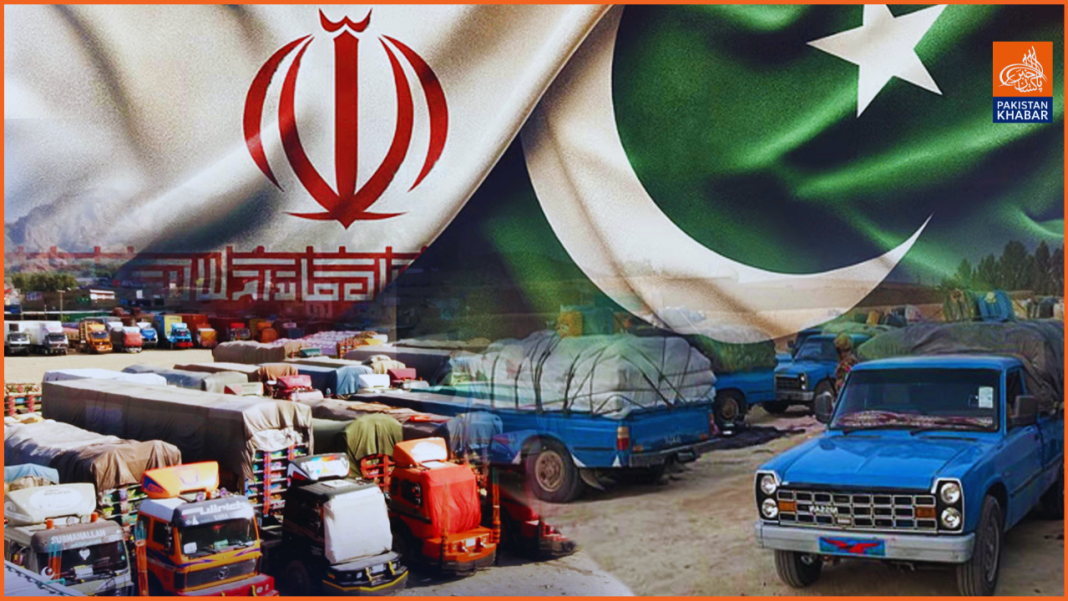Shutter-Down Strike Hits Border Towns Over Pakistan-Iran Border Closures
A shutter-down strike paralyzed several border towns in Balochistan’s Rakhshan and Makran divisions as traders protested restrictions on border trade and the closure of crossing points along the Pakistan-Iran border.
The closures have disrupted the flow of Iranian petroleum products and goods into Pakistan, leaving thousands unemployed and fueling unrest in the region.
The Rakhshan and Makran Border Trade Alliance called for a complete shutdown in towns such as Washuk, Panjgur, and Nokundi to oppose the three-day weekly suspension of border trade and restrictions on oil transportation. Markets, banks, hotels, and other businesses remained closed, significantly crippling economic activities in these areas.
Livelihoods at Risk
Alliance officials highlighted that local residents rely heavily on border trade for their livelihoods due to limited opportunities in agriculture and industry. The border closure has deprived thousands of families dependent on Iranian oil and goods from earning an income.
In Nokundi, the shutdown disrupted the transport of essential goods, exacerbating hardships for both traders and residents. Trade union leaders also criticized security checkpoints, citing delays and financial losses as additional challenges.
In Panjgur, trade leaders decried the restrictions, stressing that cross-border trade sustains generations of families and forms the backbone of the local economy.
Calls for Policy Reform
Former Senate Chairman and Balochistan Assembly member Mohammad Sadiq Sanjrani expressed concern over the closures and urged the government to implement a modern regulatory framework for border trade instead of blanket restrictions. He warned that cutting off livelihoods could push vulnerable youth toward anti-state activities amidst worsening economic conditions.
Sanjrani emphasized the vital role of border trade as the primary source of income for communities near Balochistan and Khyber Pakhtunkhwa’s borders. He noted that the closures have deepened poverty and despair, particularly in Balochistan, where the fragile economy cannot absorb further unemployment and hardship.
Protesters’ Demands
The protesters called on the government to reconsider its stance, reopen the border points, and prioritize the economic stability of Balochistan. They described the closures as an economic “death sentence” for the region and urged authorities to promote sustainable development rather than suppress livelihoods.




